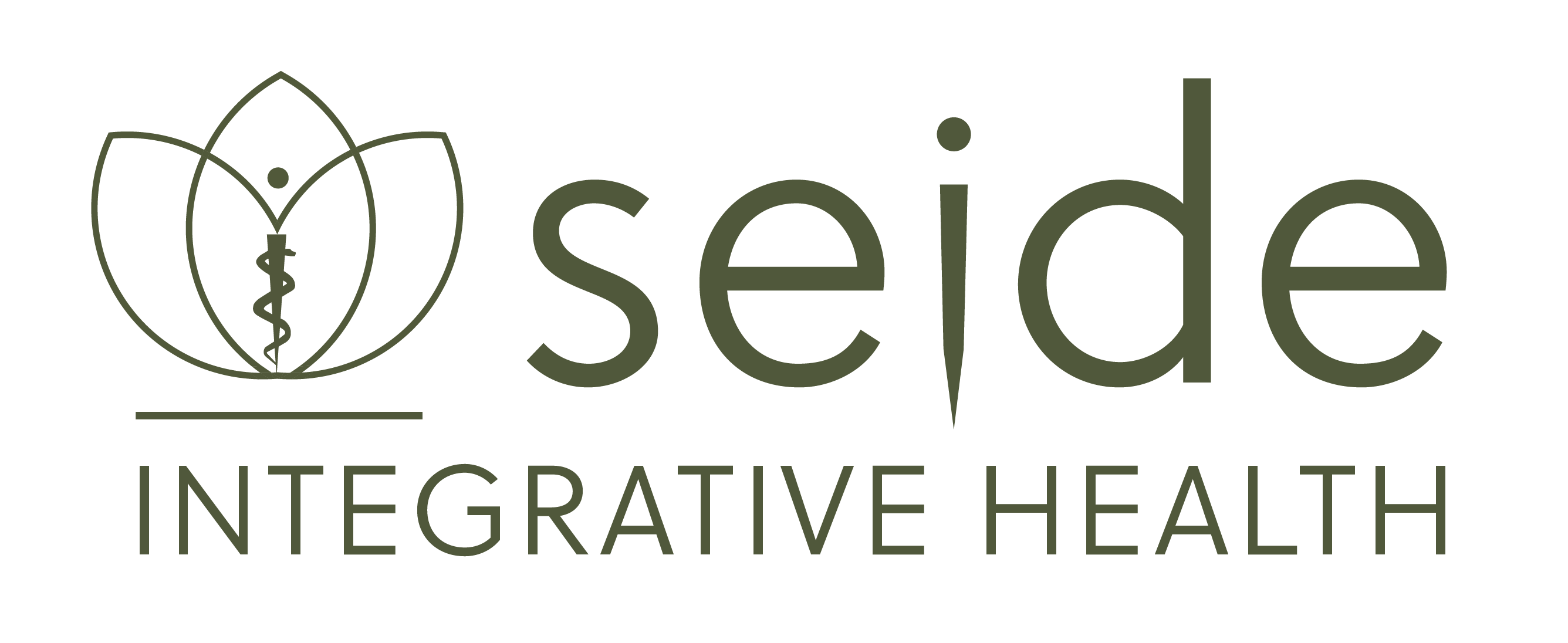Physician burnout has reached epidemic levels with more than 50% of US physicians reporting symptoms of burnout. Research shows that 24% of ICU nurses tested positive for symptoms of PTSD, 33 % of new registered nurses seek another job within a year and as many as 400 US physicians die by suicide each year – more than twice that of the general population.
I worked with Center for Council to create a dedicated program to support healthcare professionals, combining the latest innovations in mindfulness with peer-led group council practice to deliver a powerful and sustainable skills-based program for physicians, nurses, and other healthcare professionals.
The tools and practices taught in the CARE program enhance morale and strengthen resilience in the face of stress, leading to improved health, more positive relationships with colleagues and patients and sustainable work-life balance.
Through a robust evidence-based curriculum, interactive exercises and small group councils that teach participants durable techniques for developing greater self-awareness, participants are equipped to communicate more effectively with peers, as well as patients, providing a higher quality of care.
Utilizing the council methodology, participants learn to speak authentically, from personal experience rather than opinion, and to cultivate more attentive listening.
My introduction to council
In 2014 I entered the Chaplaincy program at Upaya Institute out of a deep personal desire to alleviate suffering among fellow healthcare providers, and among patients and their families at end of life.
Six months earlier, a close friend of mine—also a physician—ended her own life, leaving a devastated family & healthcare community, and leading me to question how had I failed to listen to her?
In the Chaplaincy I was introduced to council, a practice of deep listening and authentic speaking that grew out of strands from multiple teachings, the most proximate being the one woven from The Ojai Foundation, founded by Joan Halifax, who later went on to found the Upaya Institute.
For me personally, this practice gave me the opportunity to listen to others in ways that my medical education and practice of medicine no longer values. This kind of listening hears the story that is told in words, in feelings, in body language, and in the “voice of the circle”, and is a listening that asks us to set aside our tendency to agree or disagree, or to form our answer before the speaker even finishes.
To speak, and be heard, carries powerful potential for healing.
Seven years later, and I have had the opportunity to take this practice of council into situations of intense suffering: the barracks of Auschwitz, the civil war-torn countries of Bosnia-Herzegovina and Rwanda, and into prisons in California that house men sentenced to life without parole.
The container of council provides a space where what seems unspeakable finds a place, and where we hear the common threads of all our stories—spoken from people with whom we might think we have nothing in common.
Compassion, Attunement & Resilience Education (CARE) for Healthcare Professionals
Over six months, the CARE Program offers practical skills for recognizing and managing stress, honing attention, regulating emotions, and enriching relationships with colleagues and patients.
Through this program, Center for Council equips those responsible for public health and well-being with tools and resources by which they emerge as healthy individuals themselves.
The methodology and praxis supports the development of enhanced self-awareness and self-regulation skills that provide prophylaxis against acute and chronic dysregulation, which correlates with increased risk of burnout and other negative health implications.
You can find out more about the CARE program for healthcare professionals here
Share with a friend

Hello there! I simply want to offer you a huge thumbs up for the great info you have got here on this post. I will be coming back to your website for more soon.